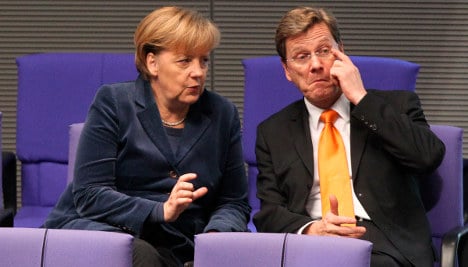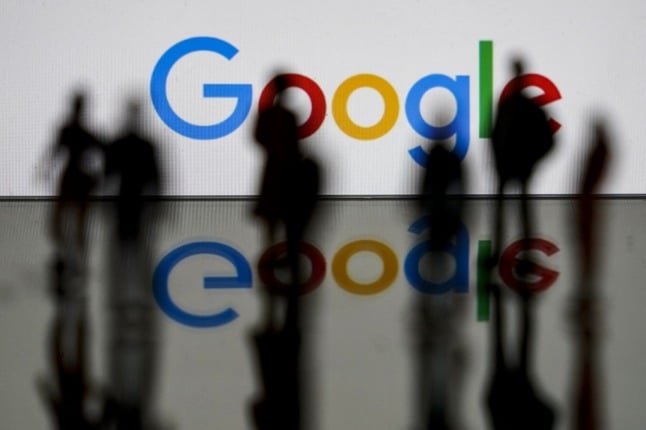In an unprecedented breach of diplomatic confidentiality, the internet website Wikileaks over the weekend released thousands of US documents offering frank and unvarnished assessments of America’s allies.
German politicians were not spared the harsh appraisal of State Department officials, with Chancellor Angela Merkel labelled a timid and uncreative leader and Foreign Minister Guido Westerwelle dismissed as being largely incompetent.
While US Ambassador Philip Murphy has said Washington has no reason to apologize to Berlin, there’s little doubt the leaked communiqués will do little to improve transatlantic ties.
Newspapers in The Local’s media roundup on Monday attempted to sift through the diplomatic wreckage.
The left-wing Berliner Zeitung said much damage had been done to US foreign policy by the leak.
“Since last night, Guido Westerwelle can read exactly what Obama’s diplomats in Berlin think of him,” wrote the daily. “Westerwelle has already seen all this a hundred times in German papers, but now he knows his reputation in Washington isn’t any better than back at home.”
The paper said the incident will “sow mistrust” and “destroy human and political ties,” which will in turn weaken US diplomacy around the world.
The Düsseldorf-based Rheinische Post called the episode a disaster for America that would “cool Angela Merkel’s already troubled relationship with Barack Obama.”
“The highest level of diplomacy will experience a sensitive setback,” opined the paper. “Above all Foreign Minister Guido Westerwelle was exposed: US diplomats consider him incompetent, vain, and critical of America. It will take a long time to get over this break of trust.”
The centre-left daily Süddeutsche Zeitung said it was important to push governments to remain transparent, but criticized the latest release of information by Wikileaks as a threat to foreign affairs.
“This has little to do with a whistleblower uncovering convoluted circumstances. When a US diplomat in Berlin relates what a German politician told him about coalition negotiations it is not espionage. Keeping an ear open is part of the job,” wrote the Munich-based paper. “A foreign ministry that has to be constantly diplomatic internally simply does not work.”
The right-wing paper Die Welt blasted Wikileaks founder Julian Assange for endangering world stability.
“There will be a wave of schadenfreude among politicians – in Germany and elsewhere – after disparaging comments about this or that leader are taken out of context,” wrote the daily. “But publishing confidential diplomatic communiqués serves nobody. Only an unimportant poseur, a fool or a terrorist would claim as much.”
The Local/mry



 Please whitelist us to continue reading.
Please whitelist us to continue reading.
Member comments